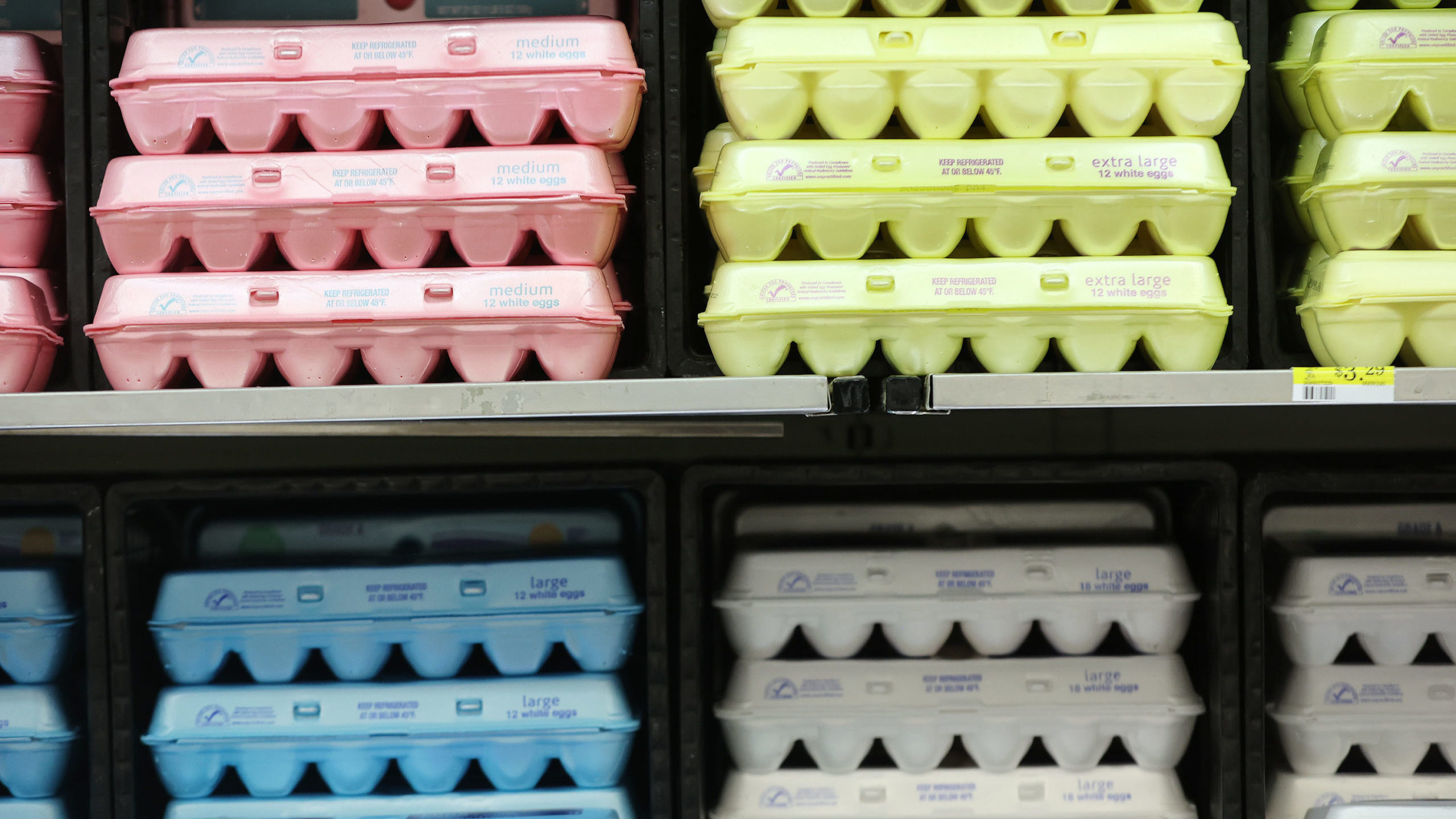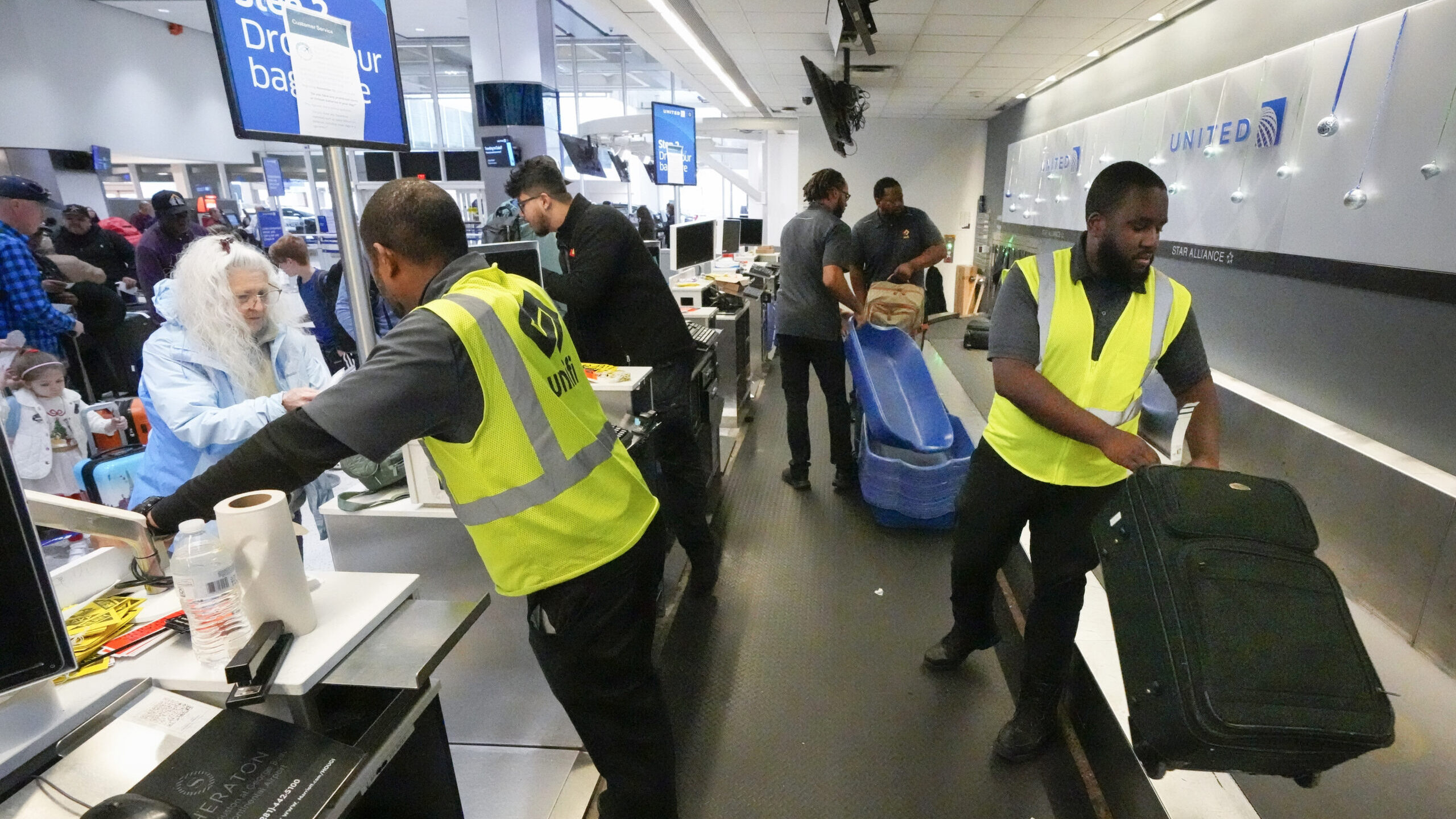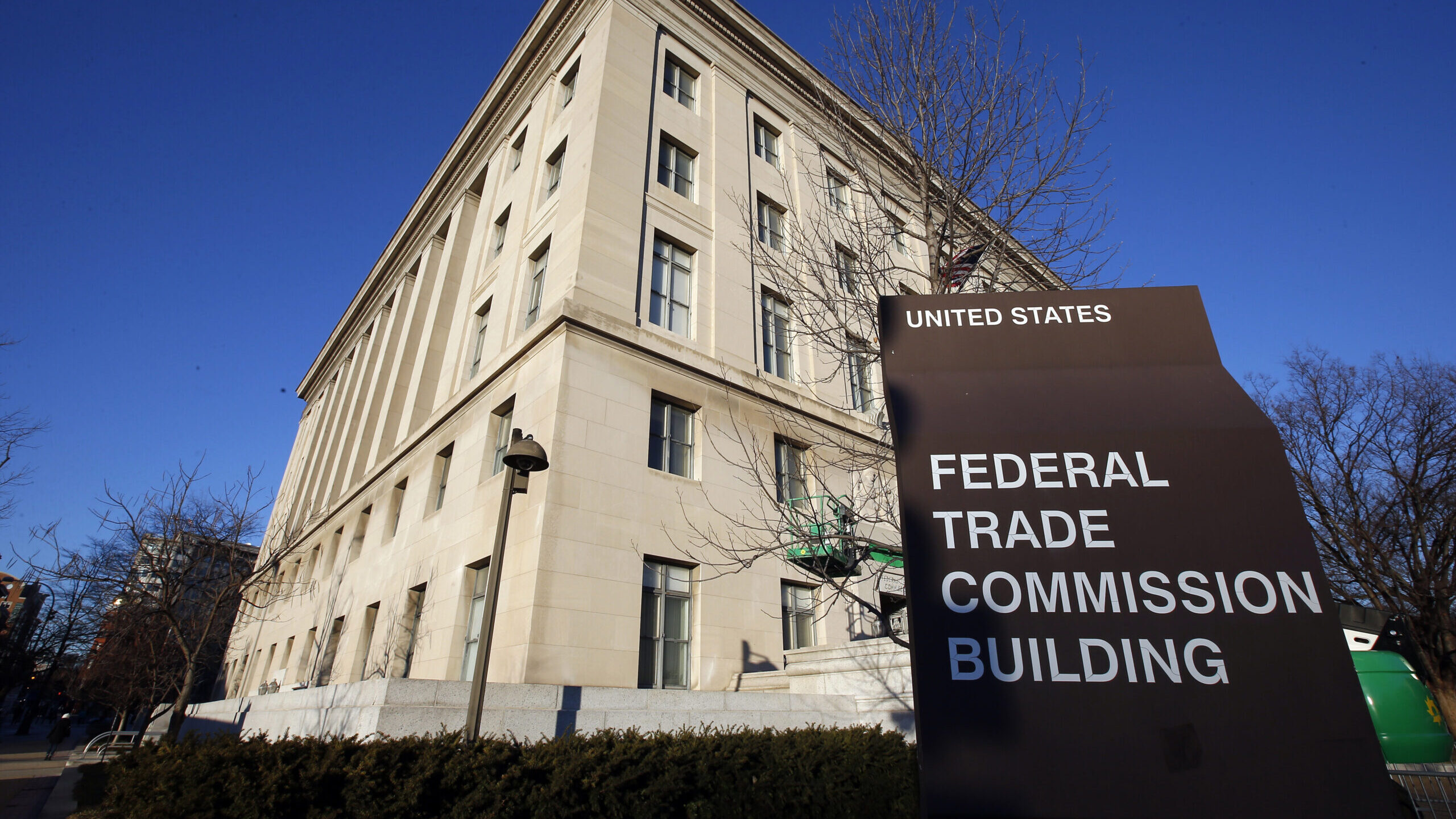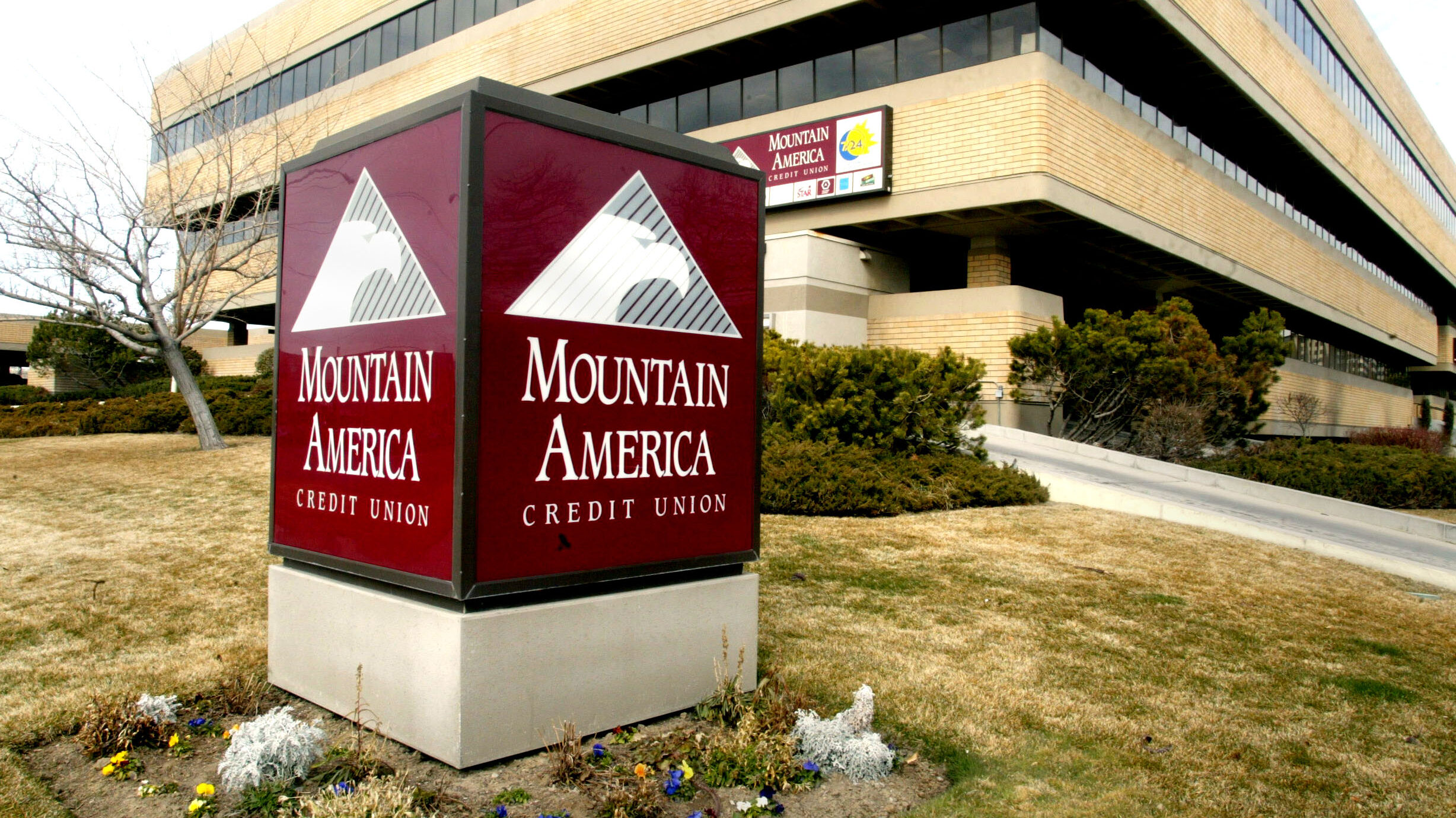Bird flu causing egg shortage, high prices
Jan 10, 2023, 12:00 PM | Updated: Jan 12, 2023, 11:23 am

Eggs for sale at Reams Food Store in Sandy on Friday, Sept. 23, 2022. ABC News correspondent Alex Stone tells KSL NewsRadio the demand and price of eggs has gotten to the point where some people are trying to smuggle them into the country from Mexico. (Jeffrey D. Allred/Deseret News)
(Jeffrey D. Allred/Deseret News)
SALT LAKE CITY — You may be noticing a shortage of a staple food in your local grocery store. After speaking to a number of grocers around Salt Lake City, all but one had limits on the number of egg cartons you could buy.
Egg shortage
Salt Lake City grocers are noticing a shortage of eggs. Most stores are limiting shoppers to buying two dozen.
“As of December 21, which is the most recent data available from the United States Department of Agriculture. The inventories were 23% lower than the same week in 2021,” said the Public Information Officer at the Utah Department of Agriculture and Food, Bailee Woolstenhulme.
(KSL NewsRadio talk hosts, Dave and Dujanovic, discussed the egg issue on their show, which you can hear below)
The Utah Department of Agriculture and Food pointed to last year’s bird flu outbreak as the reason.
“So in Utah, we are almost to 2 million poultry that have had to be depopulated due to the avian influenza,” Woolstenhulme said.
Recent prices reflect the shortage pretty clearly. Shoppers can expect to buy cartons of eggs ranging anywhere from $4 to $10. That’s a steep increase considering three years ago shoppers were looking at 99 cents for a dozen.
Making do
Cliff Lillywhite is the co-owner of Oakdell Egg Farms. He told KSL NewsRadio that farmers are doing what they can to get through this.
“The economic impact certainly is huge, because, from a macro standpoint in the U.S., you’ve had about 20% of the egg-laying hens that have been taken out by this [bird flu].”
And the shortage comes at the worst time, Lillywhite said. The holiday season, from mid-November to mid-January, sees consumers using large amounts of eggs for baking.
“To be able to attempt to bring eggs in to replace ours. We have to pay whatever price we can from other egg producers in the country to bring them in to take care of our regular customers.”
Lillywhite said he appreciates the government agencies who have helped farmers get through the current situation. He’s thankful for people’s patience as they get their flocks back up to regular numbers which hopefully will help increase supply and bring down prices.












